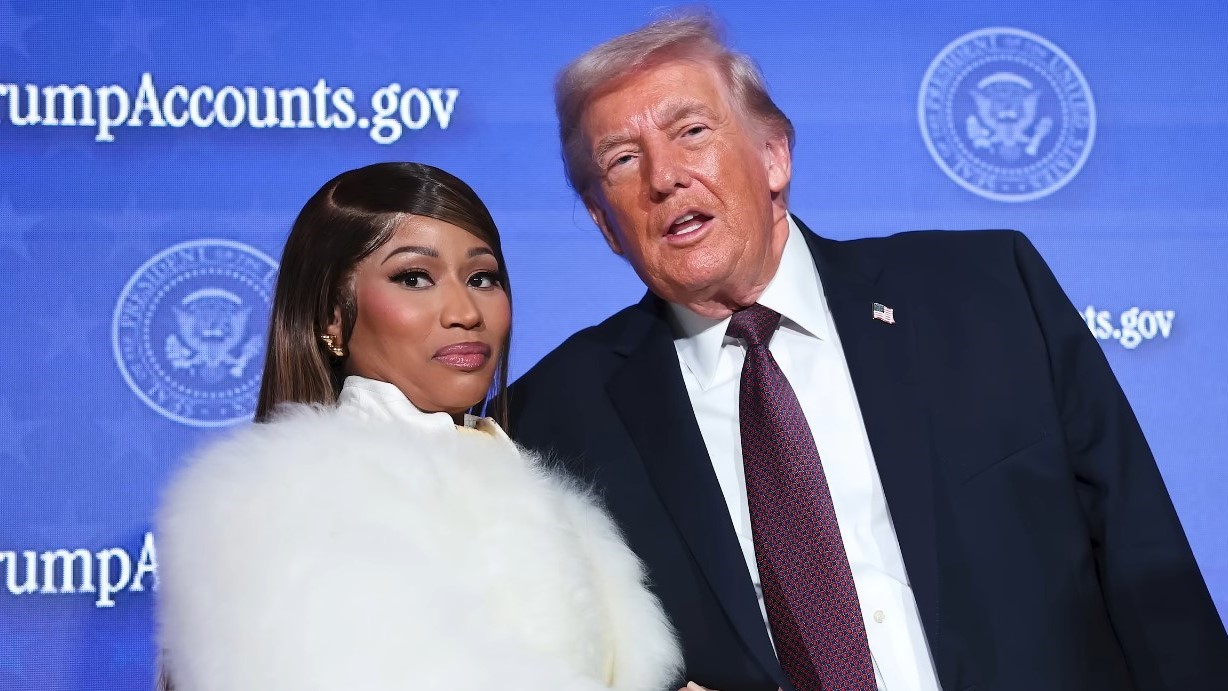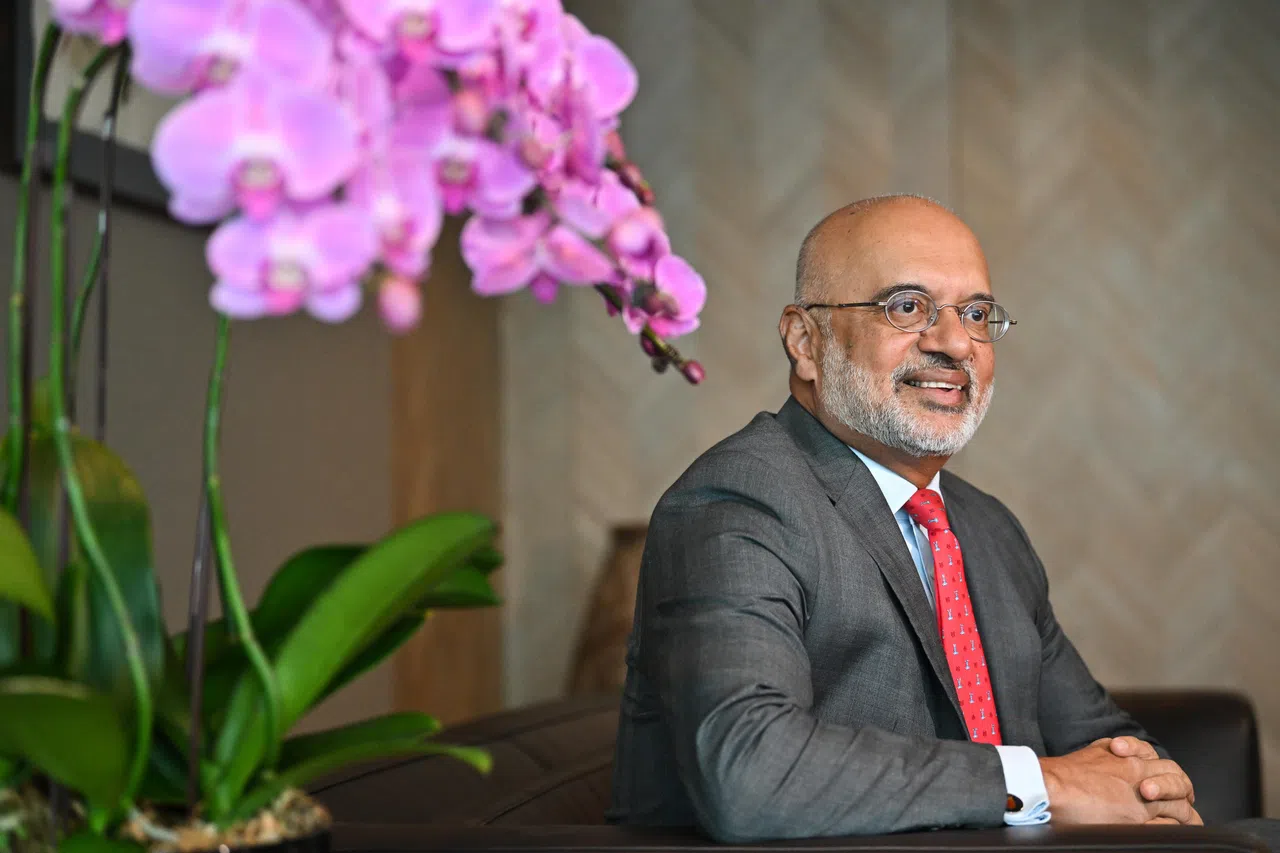How did your career in food design begin and what were the moments Food blogging: the art of gastronomy and aesthetics?
In a world where gastronomic delights and visual admiration are extremely valued, food blogging is becoming an art that is winning the hearts and tastes of millions. The allure of cooking, complemented by aesthetic splendor, attracts both seasoned foodies and those who are just starting their journey in the world of gastronomic art. Julia Loja, the author of the popular culinary blog The Yummy Bowl and an expert in the field of food design, will tell us how to start blogging, where to find inspiration and how to overcome a creative crisis.
Julia, how do you define food design?
For me, food design is the art of creating visually appealing and appetizing dishes that are not only pleasing to the eye, but also enjoyable to eat. Food design combines elements of cooking, art and style to make food unique and memorable.
What’s important in this field?
The most important thing is that the food should be colorful, and make you want to taste it. That’s why I pay attention to color palette, composition, and detail when creating dishes. Equally important is how the food is presented on the plate and decorated, in this regard the use of dishes, cutlery, fresh herbs and other elements are important. In addition, it is important to have your own style and approach to gastronomic décor that reflects uniqueness and creative individuality. In general, the original decoration of food is able to evoke emotions in the audience and tasters – it can be joy, admiration or even nostalgia. If we try to give a brief characterization of the concept of food design – it would be a way to combine taste, aesthetics and creativity to create dishes that are not only tasty, but also visually satisfying.
How did your career in food design start and what moments inspired you?
Photography has always attracted me, but my career initially moved in a different direction – I managed restaurants in 5-star hotels for a few years. It was interesting work, but still not really my calling. However it was during this period that my passion for cooking was awakened. Watching talented chefs creating amazing dishes made me realize that food can be a true art! I too wanted to be a part of this culinary aesthetic, but busyness left little time for hobbies. That all changed with the arrival of my son, when life put a choice in front of me: return to a routine or do something I was truly passionate about. The impetus was probably when I came across an article about a successful food blogger who was able to turn her passion for cooking into a business. In this article, she shared the story of her entry into the world of gastro blogging – it was her advice that became my inspiration and I am eternally grateful to her.
Blogging involves publishing content on a regular basis. Where do you get fresh ideas?
Personally, I am inspired by traveling. Exploring the dishes and culinary traditions of different countries and cultures motivates me to create unique food designs that convey authentic flavors and atmospheres. In fact, there can be many sources of ideas, for example, art – abstract paintings, geometric patterns and color palettes can inspire unique dishes. Some people draw ideas from nature. In this vein, natural elements such as flowers, leaves, rocks and water, or even the changing seasons with their distinctive atmosphere, color palettes and seasonal produce can be a source of creativity. Sometimes the decoration of dishes conveys a certain mood, then the basis for the decoration is your own personal stories, memories or emotions… And, of course, food photos can also be a source of inspiration – you can find them in cookbooks, glossy magazines or social media. In short, you can get ideas anywhere, and for me it’s important to be open to new solutions and concepts that can turn into unique and non-trivial dishes.
Do you have creative crises and how do you deal with them?
A creative crisis in my work is a normal phenomenon, it happens to every creative person. The main thing is not to panic when it happens, but to look for new sources of inspiration. One of my methods is to communicate with my audience, I always listen carefully to their wishes and suggestions. Sometimes it is their requests that lead to new ideas for recipes.
A blog is not only a well-cooked and beautifully presented dish, but also its presentation on the internet. How do you choose which photos and videos to use to illustrate your recipes?
You’re right, choosing photos and videos to publish is an important step in content creation. Initially, I try to create colorful and mouthwatering food photos. Lighting, composition and choice of backgrounds all play a role in how the food will look in the photos. I also use different decorative elements to add detail and texture to the shoot. After shooting the photos, I take the time and attention to process them. This includes color correction, retouching and enhancing details, as well as adding filters and effects that can emphasize a certain mood or style.
If you think back to my story, for the first six months of blogging, I took photos on an old iPhone and in very poor artificial light. But soon it became obvious that content of such quality doesn’t attract subscribers and I bought a Canon DSLR camera with a 50mm lens. It was the best decision, my photos immediately started to look a thousand times better, sharper and they were easier to edit as the colors looked more real and crisp. A little later, I took a detailed and comprehensive food photography course that made me rethink and redo all my old posts. I regret not doing it sooner, it would have saved me so much time and effort!
What advice do you have for those who want to start a cooking blog?
First of all, as cliché as it sounds, find your passion. Start by choosing a culinary topic or style that you are really passionate about. This will allow you to stay motivated and find fun in creating content. Be sure to research different cooking techniques, recipes, and ingredients. Don’t be afraid to experiment and create your own unique dishes.
I will highlight the technical component in a separate block. Invest in equipment! Quality photography and video equipment play an important role in creating compelling content, consider purchasing a good camera and learning photography and videography. Be sure to develop your editing skills: master photo processing and video editing programs. This will help you create more professional content.
Be consistent. Keep your posts regular so your followers know when to expect new posts. Be sure to interact with your audience: respond to comments and questions from your readers and viewers. Build a community around your blog.
Remember that cooking blogging should bring you joy and satisfaction. Don’t forget to enjoy your culinary creativity and share this joy with your audience.







